How My Home Loan In Singapore Was Rejected (And How I Fixed It)
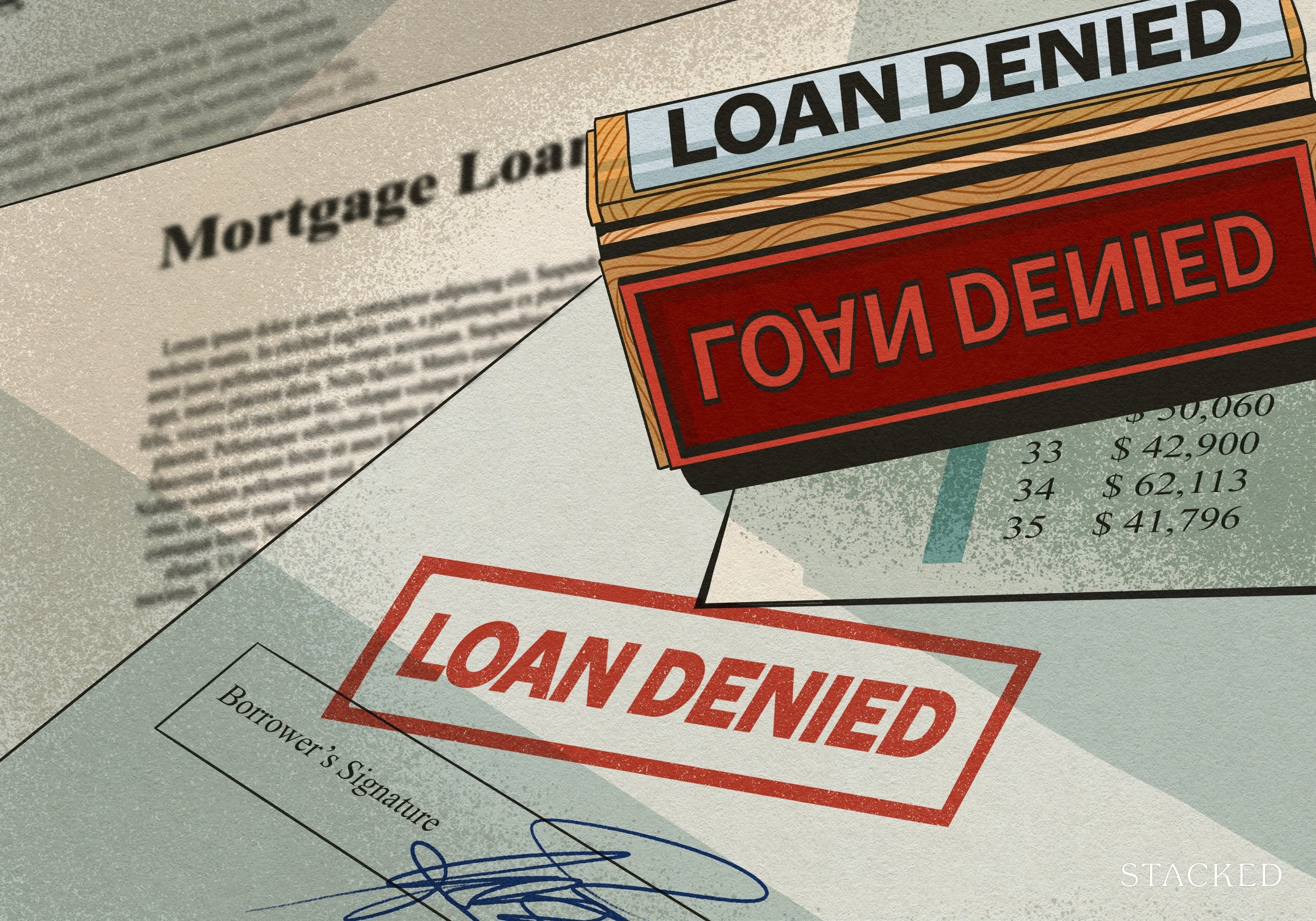
Get The Property Insights Serious Buyers Read First: Join 50,000+ readers who rely on our weekly breakdowns of Singapore’s property market.
A seasoned content strategist with over 17 years in the real estate and financial journalism sectors, Ryan has built a reputation for transforming complex industry jargon into accessible knowledge. With a track record of writing and editing for leading financial platforms and publications, Ryan's expertise has been recognised across various media outlets. His role as a former content editor for 99.co and a co-host for CNA 938's Open House programme underscores his commitment to providing valuable insights into the property market.
It’s not just the festive season, it’s also home loan season: with interest rates cooling a bit, quite several Singaporeans are seeking to refinance into cheaper mortgages. At the same time, we’re seeing strong transaction volumes as condo sales pick up. For those of you struggling with home loan applications, or may need a mortgage in the coming year, here are some experiences from borrowers:
1. Forgot all about being listed as a shareholder/director for a family member’s business
LM was a first-time homebuyer in 2011 and recalls she had to be excluded as a borrower. For a time, her husband had to take on the whole loan.
She went to two banks initially and her loan application failed both times:
“I am not a person who uses loans,” LM said, “All my credit cards are just for miles only, after I use them I pay it back right away. I’ve never owed money my whole life. So we were confused why we kept getting rejected. In the end I got my credit report to check, and I got a shock. There was a code on it, and they told me it means I had been in default. But I never even borrowed any money, so how was it possible?”
LM says she spent hours checking and re-checking her mail and messages and calling her banks. In the end, the issue turned out to be a favour she had done for a family member, a few years prior.
“I helped to put my name on something, to be some shareholder, director, secretary, whatever. I don’t remember the details. I was so stupid, I just trusted because it’s my own family that needed help. They said there was no need to pay any money or anything, just sign; like being a witness.”
As it turned out, it was nothing like just being a witness. When the company was in a crisis, LM’s name got dragged into the situation. However because her family members mostly kept business details to themselves, they never communicated any issues to LM. She didn’t even know about the company’s near-insolvency, which would take a few years to recover from.
“Maybe they genuinely didn’t know I would be affected, but I was still angry of course. I told them, now I cannot buy my own house, because I did you a favour.”
LM later found a mortgage broker to help. As the situation with the company couldn’t be cleared up quickly, a decision was made to put the entire loan under LM’s husband’s name. LM would then contribute her share of the mortgage separately.
It was a close shave though: had it happened two years later, the solution might now have worked:
“In 2013 we had the TDSR*. If they had it in 2011, we would have needed to put down a much bigger down payment, because the loan was under my hubby’s name only. We might have had to postpone our purchase.”
*The Total Debt Servicing Ratio (TDSR) limits the monthly home loan repayment to 55 per cent of the borrowers’ monthly income. Failure to meet the TDSR would mean having to stretch the loan tenure, or make a bigger down payment, until the TDSR limit is met.
2. Trying to use other loan facilities to cover the down payment

When Max applied for a home loan, he was interested in minimising his initial cash outlay. This was at a time when his business was in its infancy, and he was looking to put more capital into it.
“I did do my homework but I didn’t do it properly,” Max says, “I talked to some property agents and they showed me the numbers, so I recorded the down payment and stamp duty and all that. Then I asked for a separate loan for the down payment, but I was told it’s not allowed.”
More from Stacked
7 Reasons Why Buying A New Launch Is A Pain Today + Why We Built A New Platform
The year is 2022. We can buy almost absolutely anything on the Internet today, AI has reached a stage where…
(Under MAS Notice 632, it is illegal for banks to provide loans for covering residential property down payments).
“So I tried to be a smart aleck, I opened a line of credit, and I borrowed the amount I needed for the down payment. Then I applied for the home loan a whole after that. I thought maybe the loan wouldn’t be reflected yet, when they checked my credit”
This turned out to be a miscalculation, as the large loan was in fact reflected in Max’s credit. On top of that, he had outstanding loans related to his business, which he also feels added to the issue.
Fortunately, the mortgage banker understood the situation, and was able to help resolve the issue – but it did result in Max making a bigger down payment, thus defeating his original intent anyway. On top of this, Max says he lost more money, as he now has two loans – and the line of credit has a higher interest rate.
From his perspective:
“I’ve learned that knowing a little bit is more dangerous than knowing nothing. When it comes to these sorts of things, don’t just know a little bit then try to find a way around the system. Either make sure you 100 per cent know a lot, or just treat it as if you know nothing at all. Then leave it to the experts.”
3. Qualified for a loan before, but not today

Quan got her home loan way back in 2018, when she bought a two-bedder for herself; but she recently had trouble with refinancing. She says that:
“During Covid my company had to downsize. While they couldn’t save my job, they offered me a contract instead. So I would be working for myself, and I would be paid based on their project outcomes. Because job hunting was so hard since Covid, I ended up doing that all the way up till now.”
Unfortunately, this change in income caused issues with the TDSR (see above). When Quan tried to refinance her home loan to a cheaper package, she opted for a wholly different bank. This meant having to go through the same screening for the application process, all over again.
“I applied through a loan comparison website. Their people helped me with the paperwork but they told me it couldn’t go through – because now I was on variable income, so there was a haircut applied to my earnings. Also I was earning a lot less than before, as there’ve been very few projects over the past two years; we’re only just now starting to pick up the pace.”
For the time being, Quan hasn’t got any option but to stay with her loan package, and pay a higher interest rate. However, she’s been told she should be able to try again with fewer issues in the coming year, as she’s taking on a new salaried role soon.
If you’re experiencing problems with your home loan, you can reach out to us at Stacked for help. In the meantime, do remember not to put down booking or option fees if you haven’t secured a loan yet – you could end up forfeiting a painful amount.
If you’d like to get in touch for a more in-depth consultation, you can do so here.
Ryan J
A seasoned content strategist with over 17 years in the real estate and financial journalism sectors, Ryan has built a reputation for transforming complex industry jargon into accessible knowledge. With a track record of writing and editing for leading financial platforms and publications, Ryan's expertise has been recognised across various media outlets. His role as a former content editor for 99.co and a co-host for CNA 938's Open House programme underscores his commitment to providing valuable insights into the property market.Read next from Homeowner Stories

Homeowner Stories “If We Sell, We’ll Never Have A Home This Big Again”: What Singaporean Parents Do After The Kids Move Out

Homeowner Stories I’ve Lived In Braddell View For 14 Years: What It’s Like To Live In Singapore’s Largest Residential Site

Homeowner Stories Why These Buyers Chose Older Leasehold Condos—And Have No Regrets

Homeowner Stories Why We Chose A $2.7M 4-Bedder At Lentor Mansion Over A Resale Condo
Latest Posts
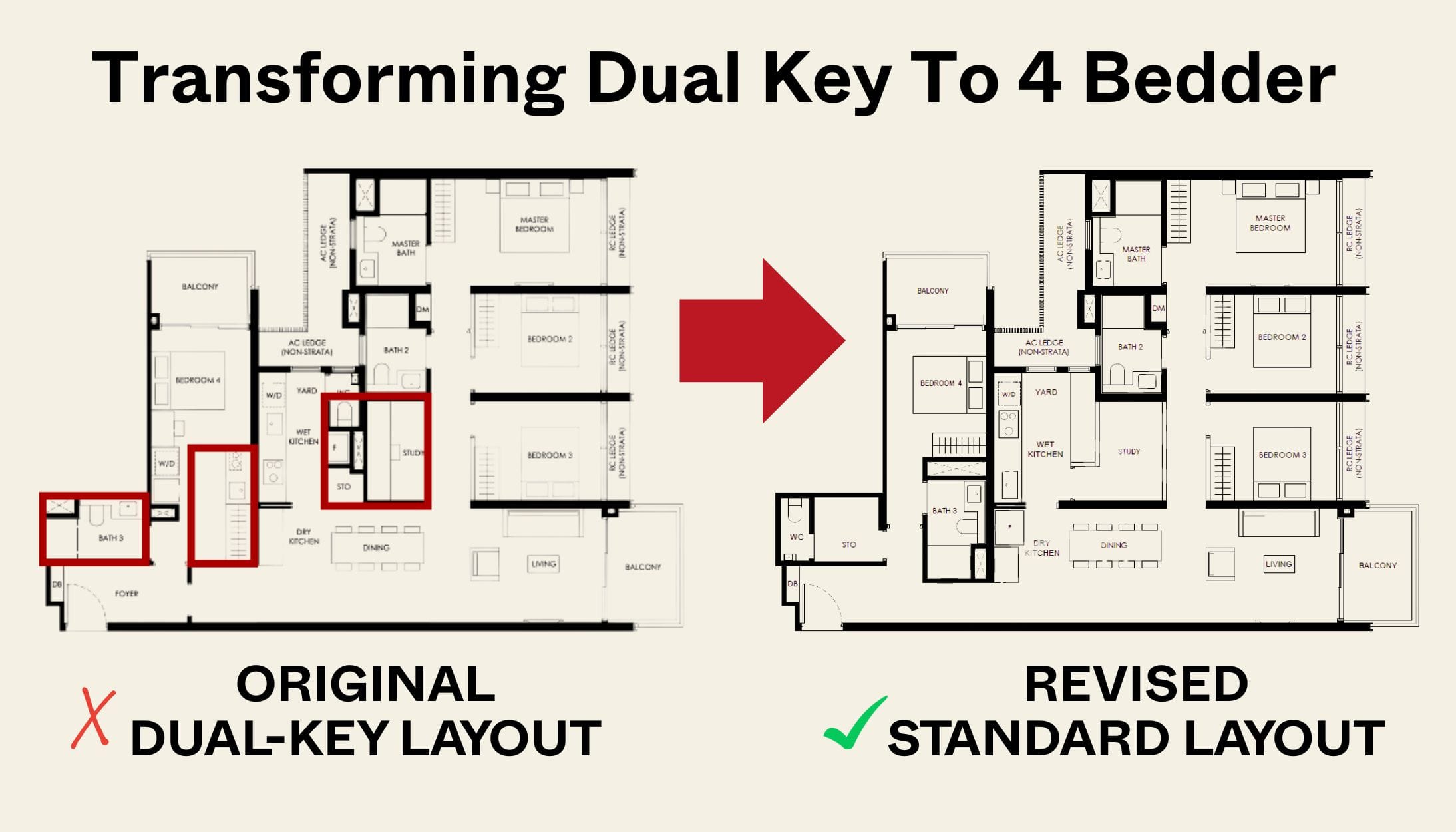
New Launch Condo Reviews Transforming A Dual-Key Into A Family-Friendly 4-Bedder: We Revisit Nava Grove’s New Layout

On The Market 5 Cheapest HDB Flats Near MRT Stations Under $500,000

New Launch Condo Reviews The Robertson Opus Review: A Rare 999-Year New Launch Condo Priced From $1.37m
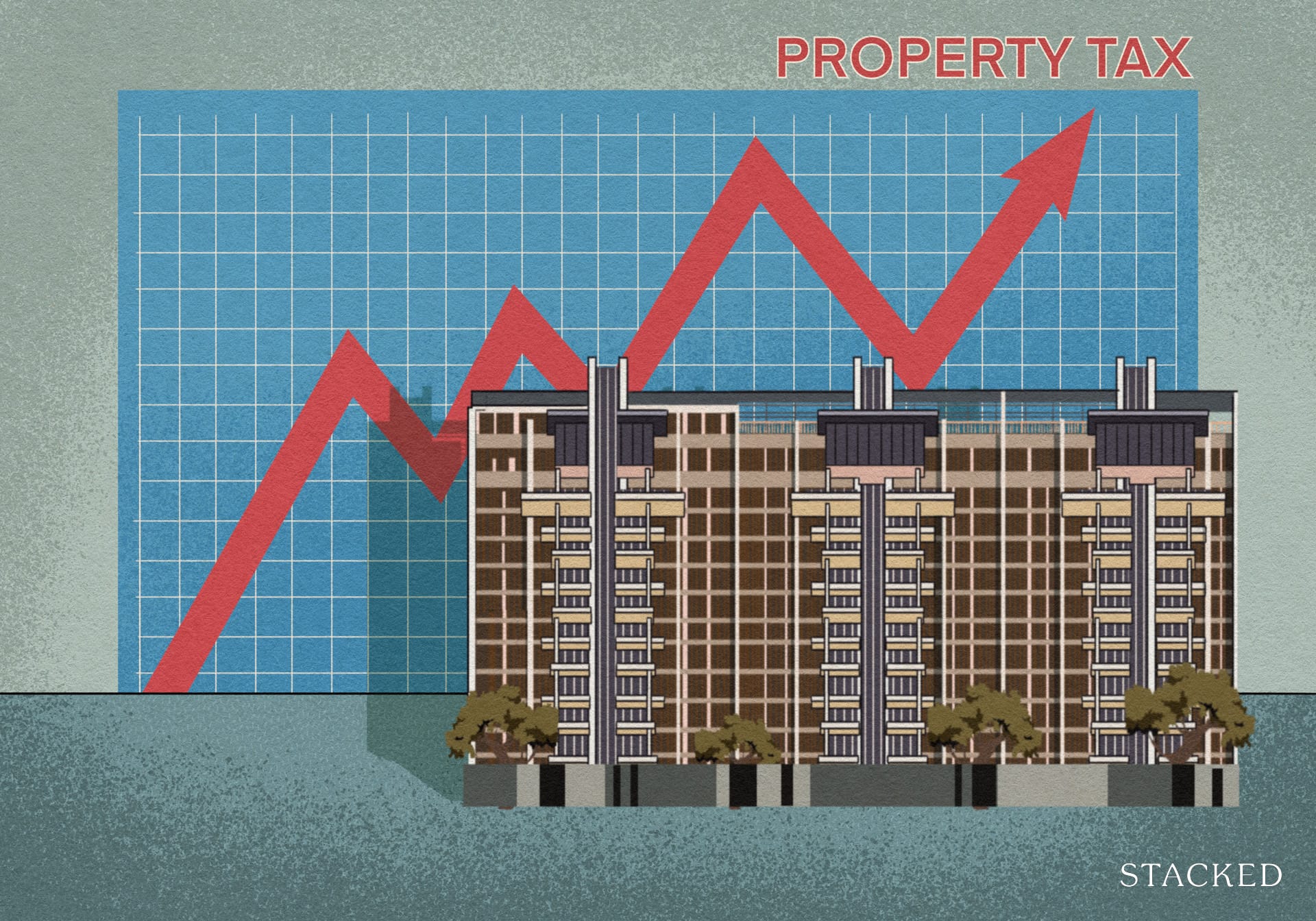
Singapore Property News Higher 2025 Seller’s Stamp Duty Rates Just Dropped: Should Buyers And Sellers Be Worried?

Pro Same Location, But Over $700k Cheaper: We Compare New Launch Vs Resale Condos In District 7

Property Trends Why Upgrading From An HDB Is Harder (And Riskier) Than It Was Since Covid

Property Market Commentary A First-Time Condo Buyer’s Guide To Evaluating Property Developers In Singapore
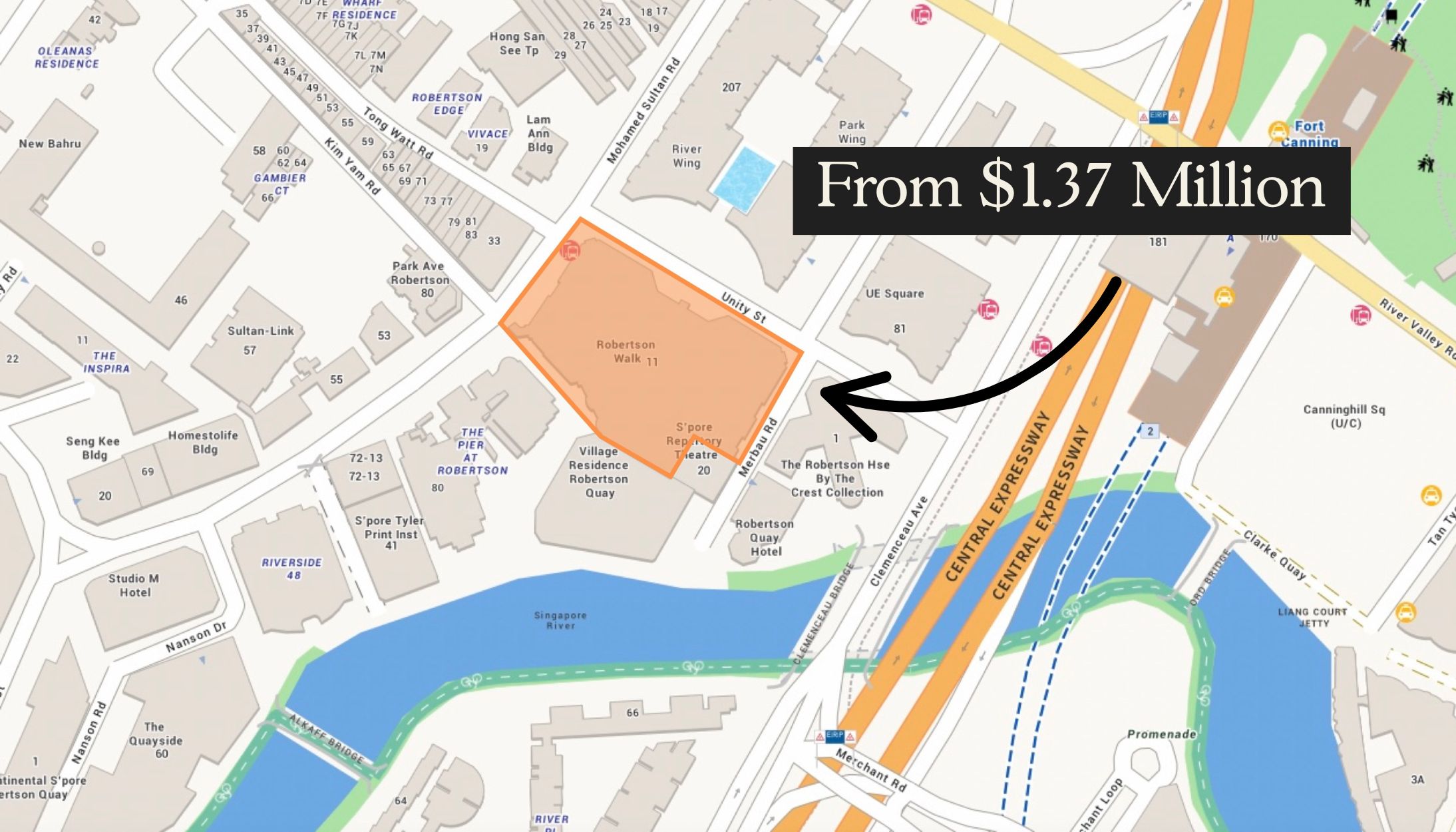
New Launch Condo Analysis This Rare 999-Year New Launch Condo Is The Redevelopment Of Robertson Walk. Is Robertson Opus Worth A Look?
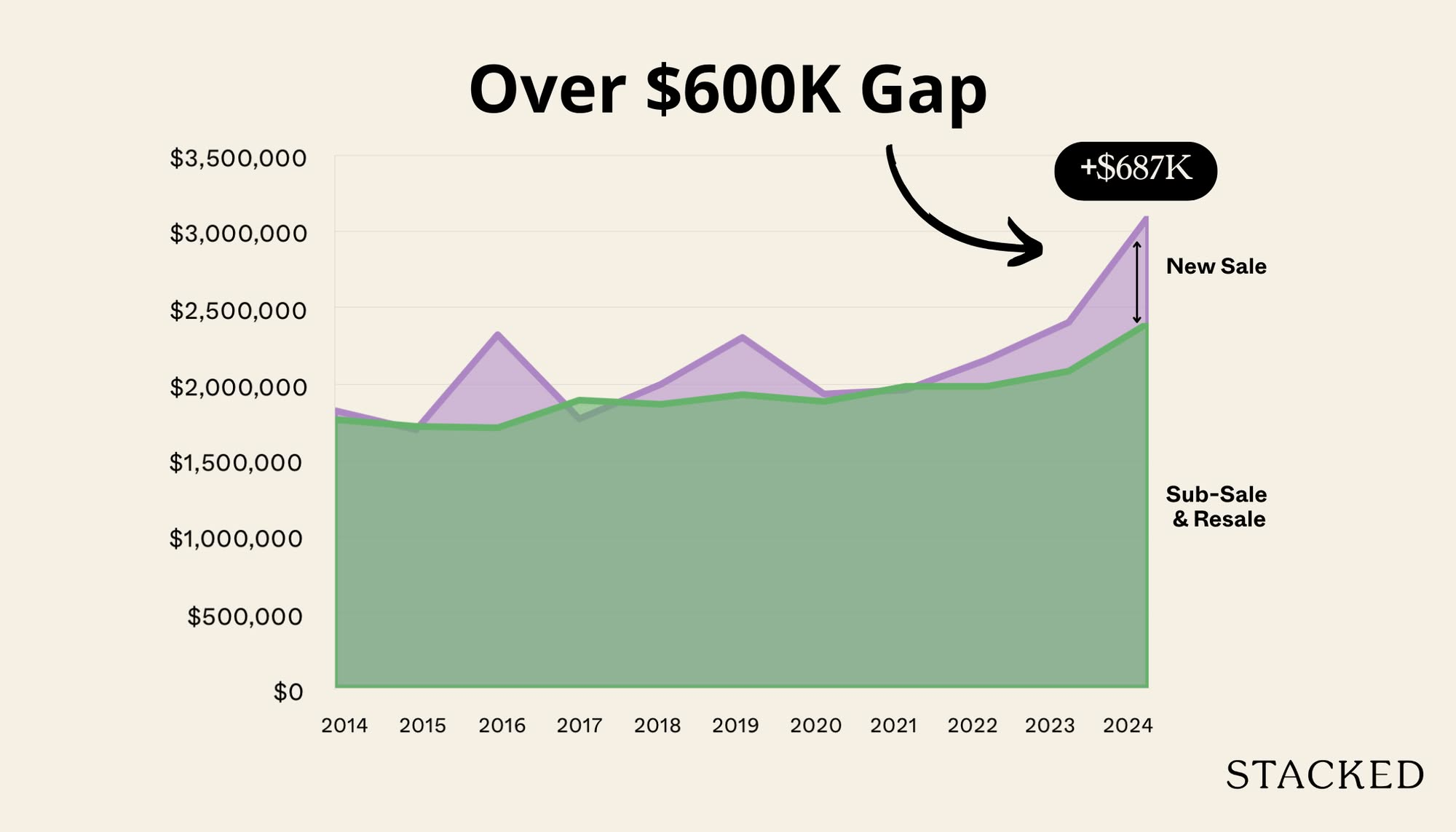
Pro We Compared New Vs Resale Condo Prices In District 10—Here’s Why New 2-Bedders Now Cost Over $600K More
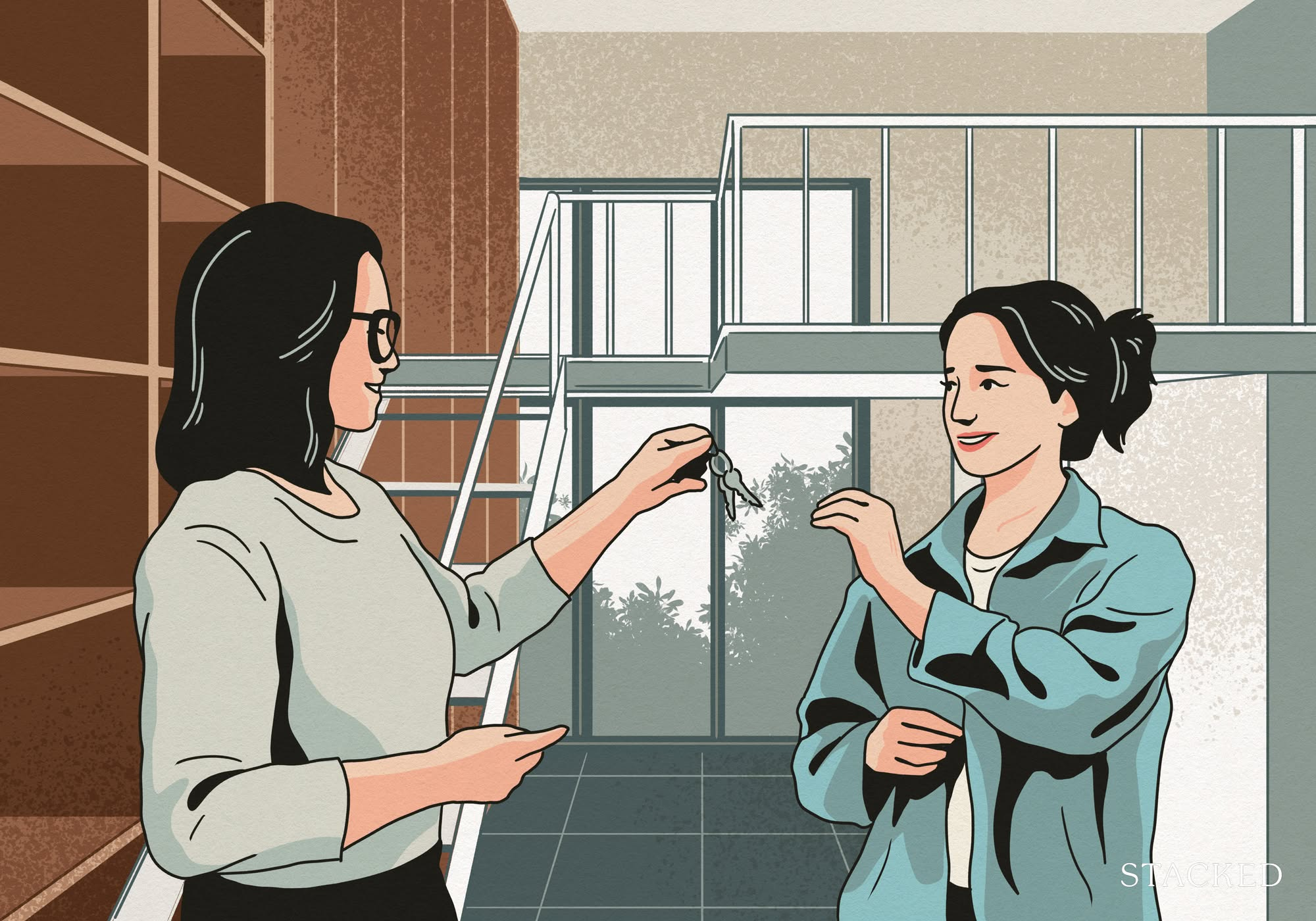
Singapore Property News They Paid Rent On Time—And Still Got Evicted. Here’s The Messy Truth About Subletting In Singapore.

New Launch Condo Reviews LyndenWoods Condo Review: 343 Units, 3 Pools, And A Pickleball Court From $1.39m
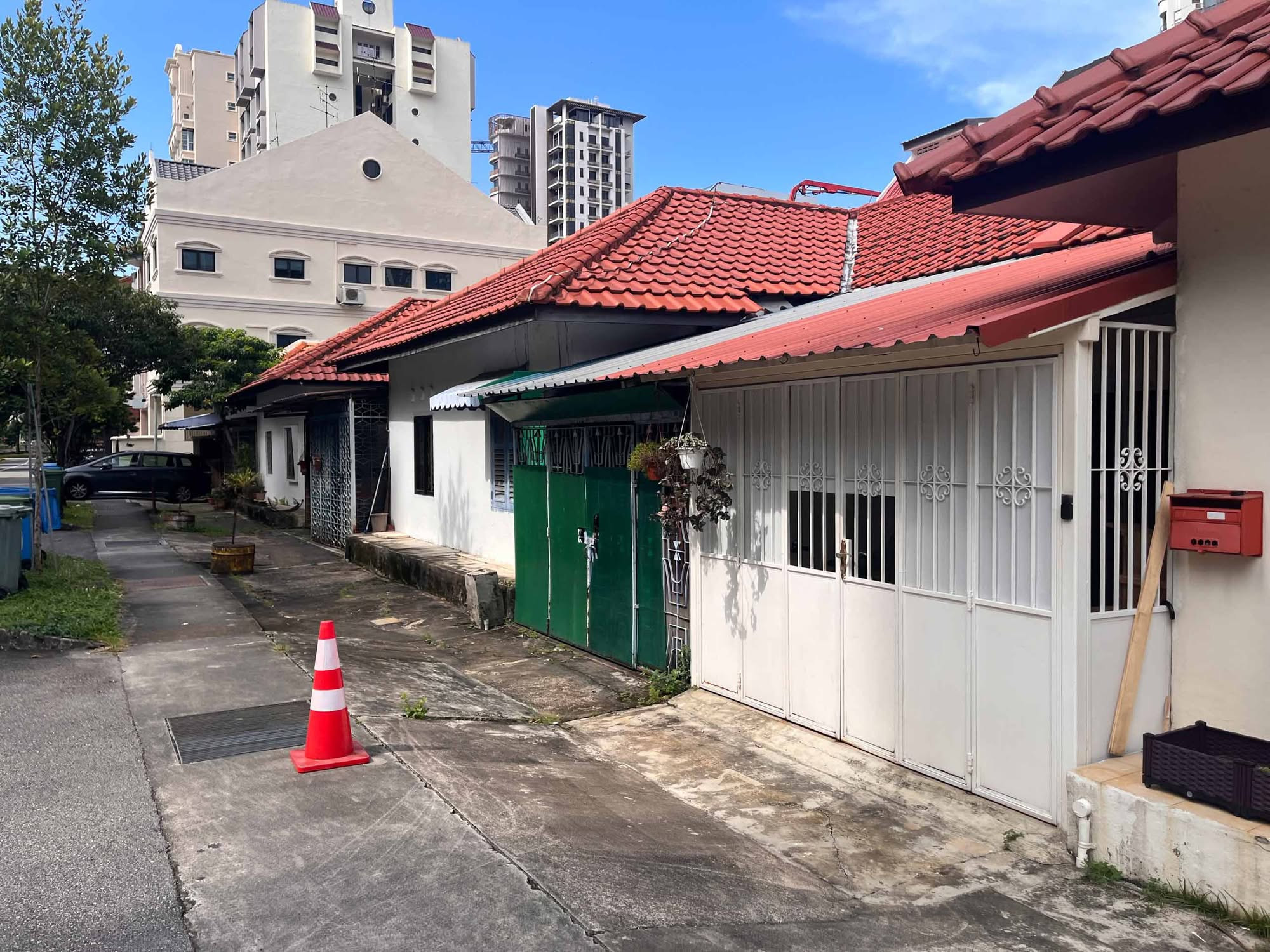
Landed Home Tours We Tour Affordable Freehold Landed Homes In Balestier From $3.4m (From Jalan Ampas To Boon Teck Road)

Singapore Property News Is Our Housing Policy Secretly Singapore’s Most Effective Birth Control?

Property Market Commentary Why More Young Families Are Moving to Pasir Ris (Hint: It’s Not Just About the New EC)

On The Market A 10,000 Sq Ft Freehold Landed Home In The East Is On The Market For $10.8M: Here’s A Closer Look


